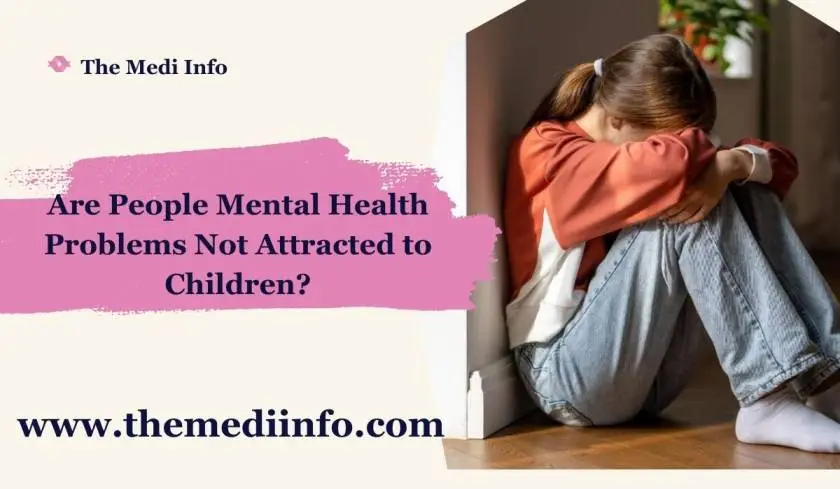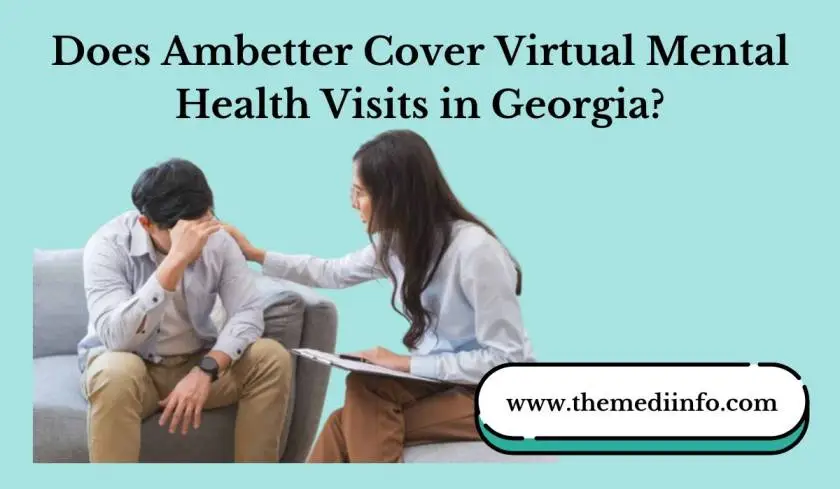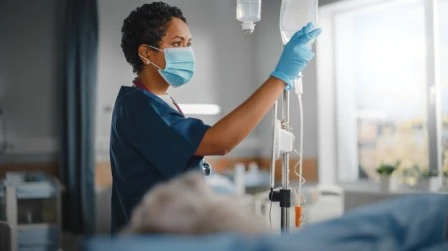
Data from Counselling Directory reveals a 175% increase in people aged between 18-24 looking for mental health support throughout September
Following concerns over students’ mental health and wellbeing due to Covid-19 restrictions, Happiful’s sister site Counselling Directory shares that there was a sharp and worrying increase in the number of 18-24 year olds looking for mental health support in September 2020.
Counselling Directory saw a 175% increase in 18-24 year olds looking for mental health resources and the services of local therapists, compared to the same period last year. This age group saw the highest increase of all those searching for mental health resources through the Directory, suggesting that the restrictions and changes due to coronavirus are significantly impacting the mental wellbeing of our young adults.
Furthermore, the greatest increase in searches come from cities in the north of the UK, as well as in the midlands – where Covid-19 restrictions for young people, and especially those who are students and living on campus, have been more stringent than in the south of England.
Birmingham saw an increase of 304% young adults looking for mental health support, followed by Newcastle with an increase of 284%, Liverpool 259%, and Leeds 229%.
The impact on students
Many young adults in this age group have started a new phase in their lives over the past months, with some heading to university for the first time. As freshers, their experience will also be far from normal, as Dr Tanya Carpenter, a Counselling Directory member and Lecturer in Counselling Psychology at the University of Worcester, explains:
“Many students come to university to gain independence and forge connections with like minded people, both academically and socially. Both of these endeavours contribute towards their journey to developing a deeper sense of self and purpose, and crystallise goals and hopes for the future.
“Restrictions related to Covid-19 have meant that the ‘fresher’s experience’, that is so important in beginning to forge these relationships, has been necessarily undermined to ensure their safety.” Dr. Carpenter noted.
What can be done?
“The advice, though cliche,” says Dr. Carpenter, “Is to talk about these struggles, sharing them with others and putting them into words, even though it can be difficult… What better way to develop relationships with others than by opening up about shared experiences and ‘being in the same boat’?”
Mental health charities including YoungMinds and Student Minds share Dr. Carpenter’s belief that talking and finding help within the student community – and beyond – is crucial.
“We are deeply concerned about the impact of restrictions at universities on young people’s mental health,” Tom Madders, Director of Campaigns at YoungMinds shared with Happiful. “At the very least, a traditional university experience has been denied to most students, which will be disappointing and hard for many young people. But there is a real threat that having to self-isolate without support will put many under extreme pressure. There must be more done to support these students – universities need to be clear about how young people can get support for their mental health and the Government must provide clarity for students.
“Our advice to young people who are struggling at university, is to stay connected with the people you trust. If you’re worried about what’s going on, contact your university and see if they can offer you any reassurance. Going to university can be overwhelming at the best of times, so don’t be afraid to reach out and seek support for your mental health if you need it. There’s more information on looking after yourself on the YoungMinds website.”
Grace Anderson, from Student Minds, the UK’s student mental health charity, echoed Tom’s concerns and expanded upon the troubling way in which decision makers are seemingly compounding mental health ramifications by imposing stricter measures on young adults at university.
“We’ve been working tirelessly to listen and learn about the experiences of students, advocating on their behalf and encouraging decision-makers to make changes in collaboration with students themselves,” Grace noted. “This follows on from our three principles for designing new lockdown measures, which stipulate that students should not be subject to stricter rules than the general population, and that mental health must be considered from the outset when restrictions are made.”
Help is available
While plans and restrictions continue to be in flux when it comes to Covid-19, those who work in the mental health sphere are determined to support the nation’s young adults
Student Minds have launched Student Space, a new, mental health support programme which offers a variety of direct support options such as text, phone, and web-chat services, as well as free online resources and the ability to navigate local university support services content.
Young Minds website has information and support resources available too.
Counselling Directory helps people find the right private therapists for them, by location, specialism and price range. Over 2,000 online therapists are offering discounted rates to students, the full list is available here. Many counsellors also offer discounted rates for people on low income or who may be unemployed. The Directory also lists charities and information about free support groups.
All of this information, and more, can be found on the free Happiful App too – where, in addition, Happiful, the magazine devoted to better mental health conversations, can be read for absolutely free.
Related Post
 13
13 Dec
Are People Mental Health Problems Not Attracted to Children?
Are People Mental Health Problems Not Attracted to Children? As per a concentrate by the College of Michigan's Wellbeing Lab, upwards of 1 of every 7 youngsters in the US are at present experiencing an undiscovered treatable emotional well-being issue. Remaining.
Read More 02
02 Dec
Does Ambetter Cover Virtual Mental Health Visits in Georgia?
Does Ambetter Cover Virtual Mental Health Visits in Georgia? Ambetter from the Peach State Wellbeing Plan serves underprotected and uninsured populations through Georgia Access. Ambetter from Peach State Wellbeing Plan is endorsed by Ambetter of Peach State, Inc., which is a.
Read More 18
18 Nov
Is There a Good Place to Stop Leveling Health Skyrim?
The blemish in Skyrim's evening out framework is by they way it grants capacity to the player, and capacity to the players resistance through unequivocal means. For instance, by work in abilities. Is there a good place to stop leveling health.
Read More 06
06 Nov
What Type of Cancer Did Morgan Spurlock Have?
Morgan Spurlock, the producer and previous CNN series have whose McDonald's narrative Super Size Me was selected for an Institute Grant, passed on from disease confusions Thursday, as indicated by his loved ones. What Type of Cancer Did Morgan Spurlock Have? The.
Read More